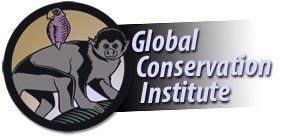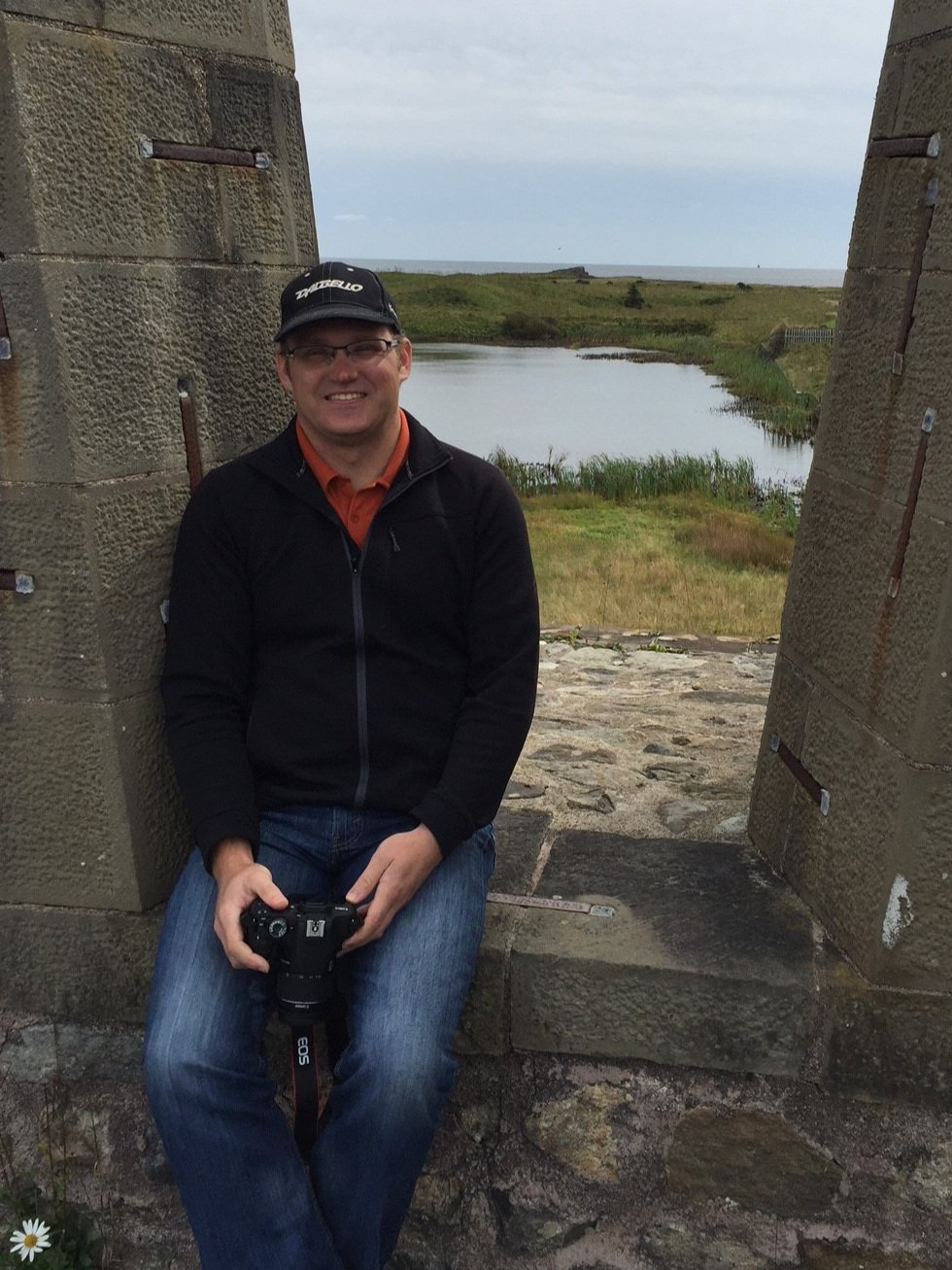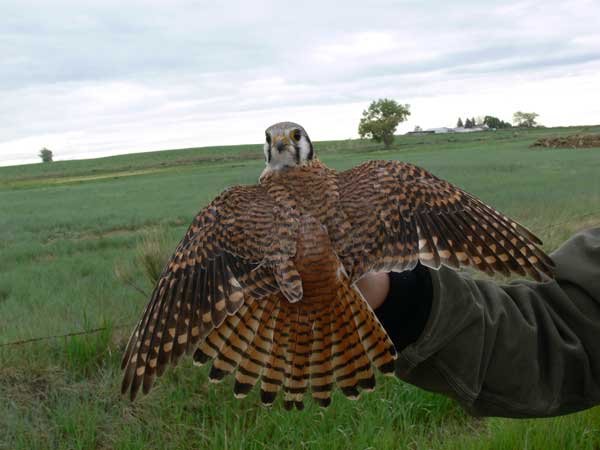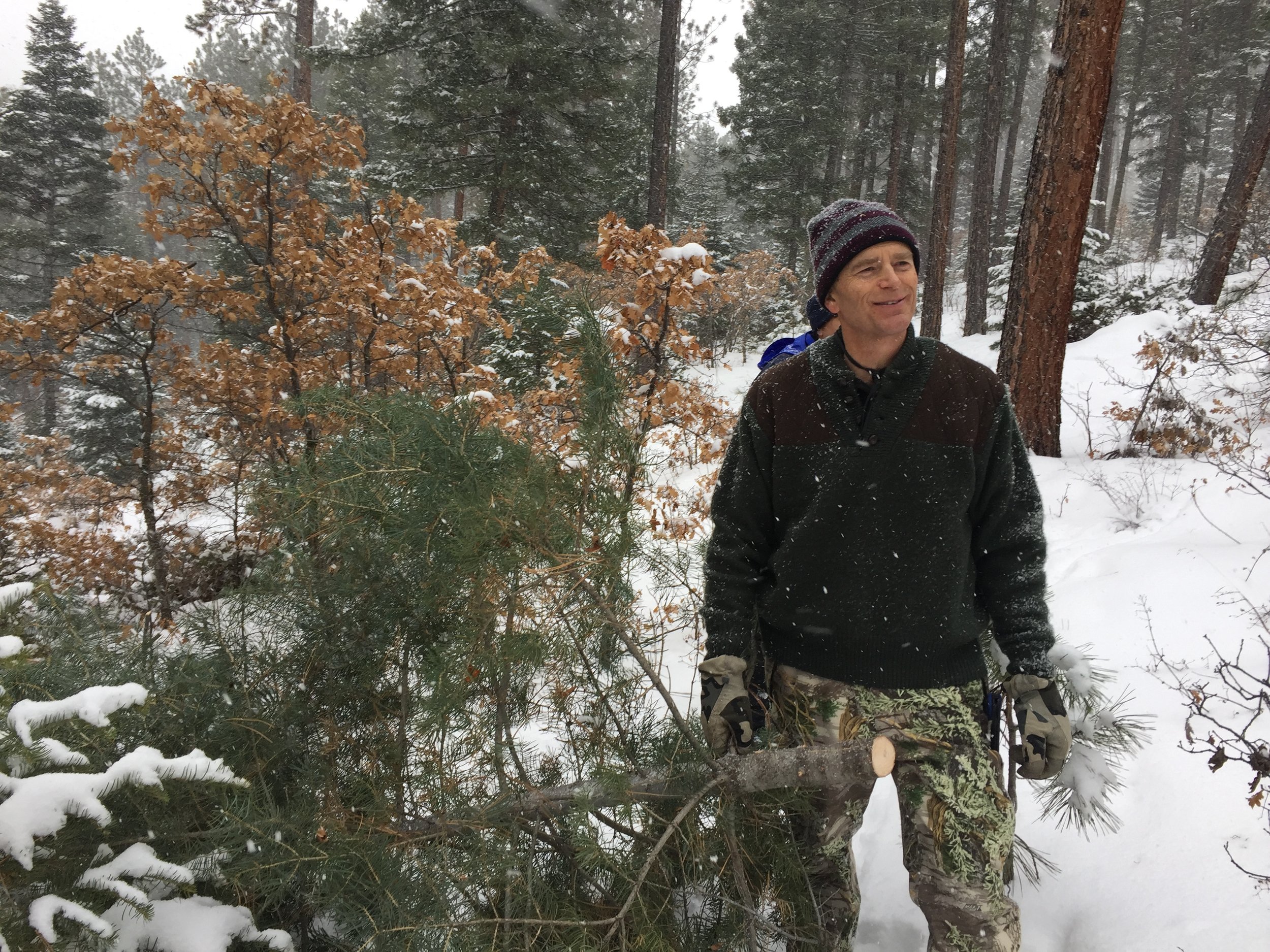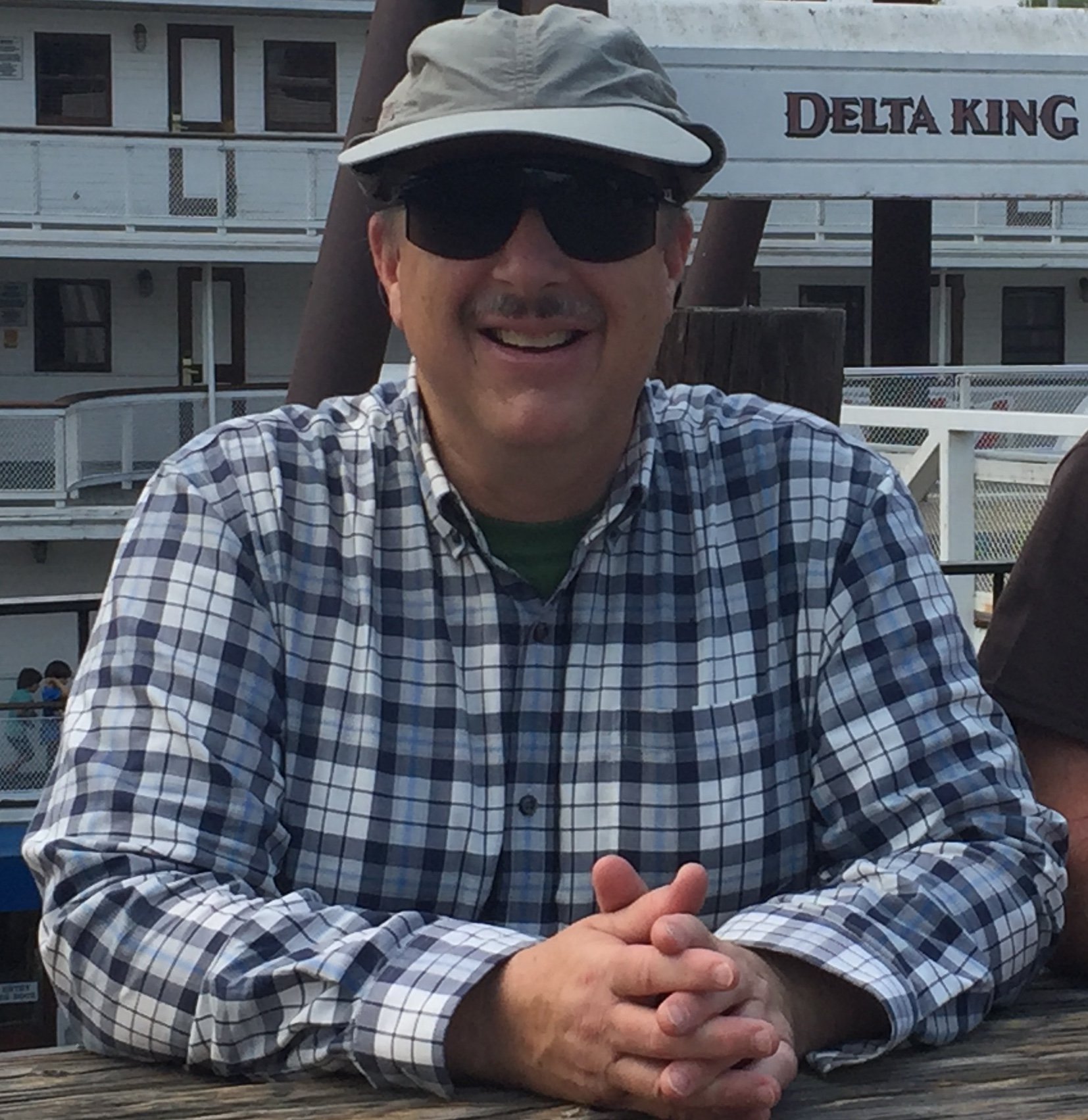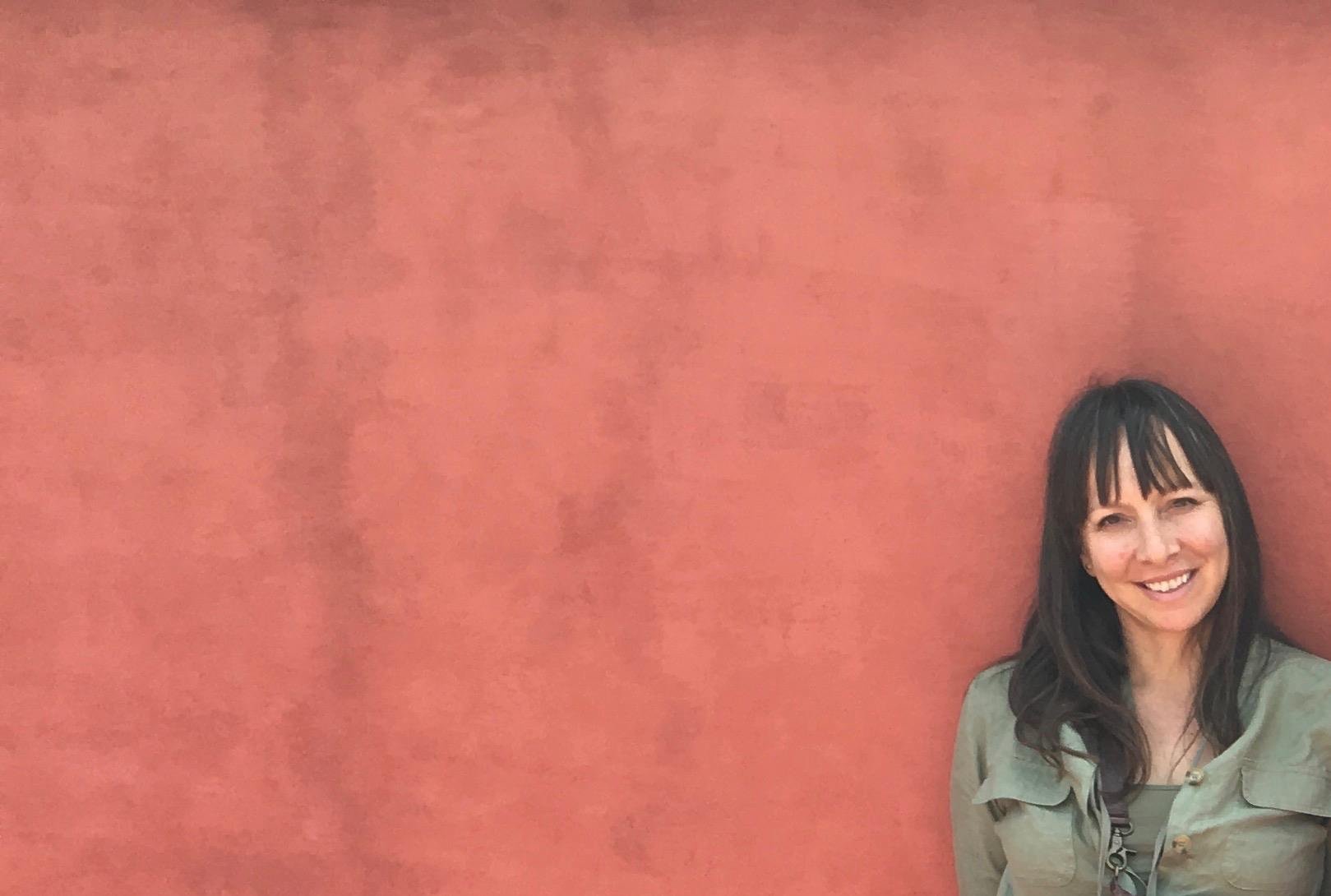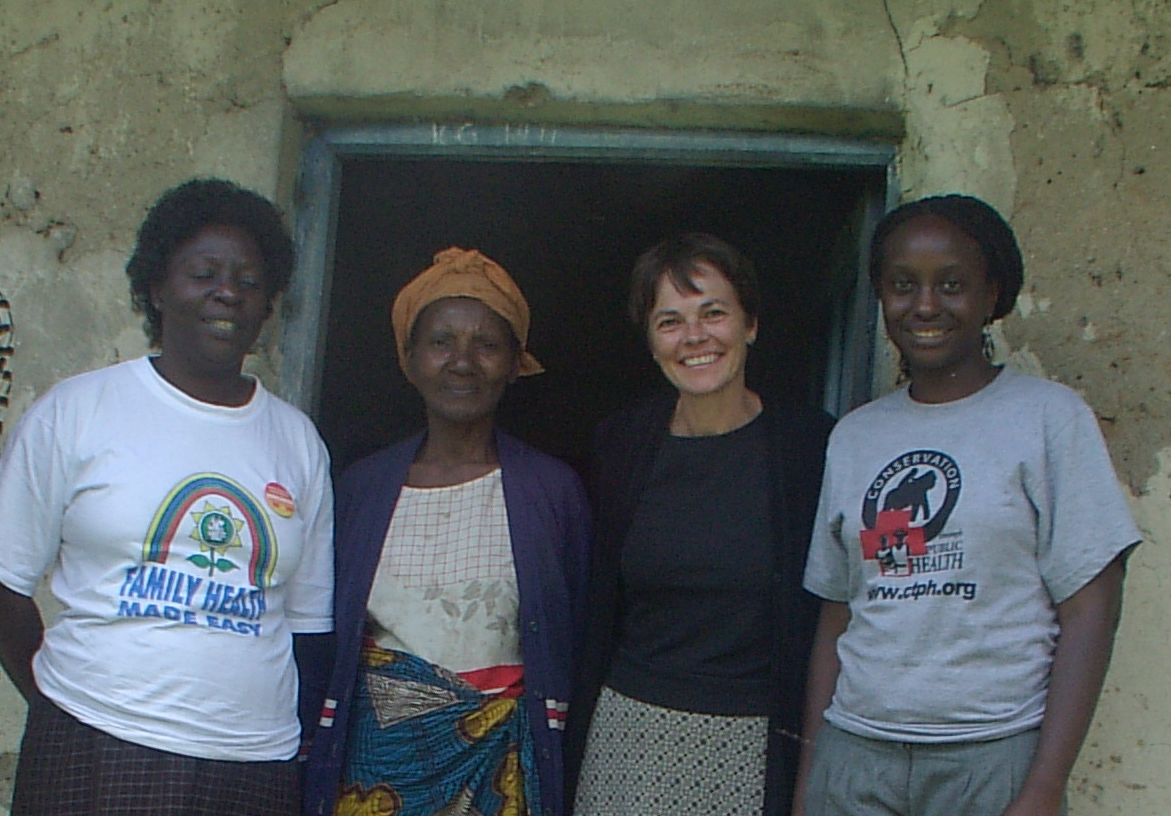WHO WE ARE
Our team of researchers conduct a unique collection of studies spanning the tropics to temperate regions and from mountains to agricultural lands.
LAURA K. MARSH, PHD — DIRECTOR AND CO-FOUNDER
Dr. Laura K. Marsh has worked all over the world in tropical rainforests studying everything from plants to monkeys to jaguars to people. She taught climate change education on behalf of the Department of Energy in the Arctic (North Slope of Alaska), Papua New Guinea, the Republic of Nauru, Australia, and the US. Dr. Marsh has published in professional journals on many aspects of science, conservation, and environmental education, including two edited books called Primates in Fragments. The second volume was listed as Springer's top 25% of science downloads (over 6100/year, > 50,000 total) for 2014-2018; a book that reviewers consider “essential.” At present, she is leading the effort for the IUCN on a global guideline for the Conservation and Management of Primates in Fragments with 79 colleagues in 62 countries.
Dr. Marsh's monograph revising the taxonomy of the Pithecia genus in a special edition of Neotropical Primates is the largest revision for any Neotropical primate genus in more than half a century. She described 16 total species, 5 of them new to science. She lead the successful HOUSEBOAT AMAZON expedition in Brazil where the “missing” saki monkey, Pithecia vanzolinii was reconfirmed alive. For more publications go here. She has a B.S. in Animal Behavior with a minor in English from U.C. Davis, an M.S. in Ecological Ethnology from San Francisco State University, an M.A. and Ph.D. in Tropical Ecology/Anthropology from Washington University, St. Louis, and was a post-doc and technical staff member at Los Alamos National Laboratory in the Ecology Group. In addition to her science work, Dr. Marsh is a screenwriter, playwright, and fiction author.
Research Interests
Primates in fragmented landscapes. Leading expeditions into poorly know regions of the Amazon Basin. Tropical ecology. Primate behavior. Climate change conservation. Public science messaging.
For more information: laurakmarsh.com
JEANNE M. FAIR, PHD — PRESIDENT AND CO-FOUNDER
Dr. Jeanne Fair is a Regional Science Lead with the Cooperative Biological Engagement Program (CBEP) within the U.S. Defense Threat Reduction Agency. Previously, Dr. Fair was a scientist with Los Alamos National Laboratory with a focus in epidemiology and animal disease ecology. Dr. Fair was the lead epidemiologist/analyst for Critical Infrastructure Protection and Decision Support Systems Team for the Department of Homeland Security during 2005-2009 with the focus on modeling pandemic influenza and public health response to the emerging threat. Dr. Fair is the principle investigator for a long-term (19 years) research project on the impacts of contaminants on avian populations, and Editor-in-Chief of the Guidelines for the Use of Wild Birds in Research. Prior to joining CBEP, she was the Program Manager for the Long-term Strategy for Environmental Stewardship and Sustainability at Los Alamos. She has a B.S. in Parasitology from University of Northern Colorado, a M.S. in Wildlife Biology from Colorado State University, and a Ph.D. in Biology from University of Missouri, St. Louis.
Research Interests
Comparative avian biology specializing in immunology, disease, and response to stress, including contaminants in the environment. Development of wild bird immunological techniques for investigating immunocompetence and ecological physiology in birds. Modeling of emerging and zoonotic diseases in animal and human populations. Evolutionary pressures of pathogens (metagenomics) and stress on immune function and relationship to public health. System biology approach to understanding immune function, stress, and the environment with both experimental research and modeling. For publications, click here.
PETER BEESON, PHD — CONTRACTOR
Dr. Beeson earned his M.S. and Ph.D. in civil engineering from Penn State University and a B.S. in geology from Bates College. For over twenty years, Dr. Beeson has worked to incorporate GIS and remote sensing into hydrologic models ranging from simulating effects of wildfires on water capacity to the effects of agricultural practices on water quality. His experience has included projects for Los Alamos National Laboratory and the US Department of Agriculture in seven different states and Mexico. He’s currently working for USDA’s Economic Research Service mapping tillage and cover crop practices across the US to study peer-effects in adoption behaviors of producers.
Research Interests
Integrated hydrologic modeling predicting water quality and quantity responses to changing environments, agro-eco-hydrology benefits to cropping systems from conservation practices, algal biofuel production, pervious pavement systems, and storm water bioremediation.
MARK JANKOWSKY, PHD - RESEARCH ASSOCIATE
Dr. Mark Jankowski is an ecotoxicologist at the US Environmental Protection Agency with a strong focus on assessing the effects of pollutants on salmonids in the Pacific Northwest. Much of his work is regulatory in nature, however some current recent research includes the incorporation of "omics" based tools into questions of susceptibility of organisms to metals. Given his background and interest in immunology and infectious diseases in birds, his work at Michigan State University has been as a collaborator with Dr. Jen Owen on an avian influenza project. His past positions have included ecotoxicologist with the US Fish and Wildlife Service and Wildlife Disease Investigator with the US Geological Survey’s National Wildlife Health Center in Madison, WI. He earned his B.S. in Biology from the University of Wisconsin-Eau Claire, a Masters in Public Health from the University of Utah and a Ph.D. in Molecular and Environmental Toxicology from the University of Wisconsin-Madison.
CHUCK HATHCOCK, MS - RESEARCH ASSOCIATE
Mr. Hathcock is a wildlife biologist with over 25 years experience. He recently retired as a federal action agency biologist and is now focusing his professional efforts on conservation and providing robust data to customers through his consulting.
He has a diverse background in wildlife biology with special emphasis on avian studies. His research interests are in avian population demographics and how avian populations are affected by impacts such as habitat fragmentation or climate change. He also has a strong background in NEPA and ESA compliance including work analysis, impact mitigation, and Section 7 consultations. For publications, click here.
SHAYNA WHITACKER, DVM - BOARD MEMBER & RESEARCH ASSISTANT
Dr. Whitacker grew up outside Los Alamos, New Mexico exploring the Jemez Mountains on horseback and motorbike. She is an expert butterfly catcher, having started her career working on a butterfly catching research program with Los Alamos National Lab. She has also plied the Pajarito Plateau for a study of western bluebirds, walked the beaches of South Padre Island in Mexico for a study of the rare Kemps Ridley sea turtles, radio-collared white-tailed deer in Minnesota, and surveyed for monkeys with Dr. Marsh in Ecuador and participated in Houseboat Amazon as a field assistant and resident veterinarian. She now runs a low-cost veterinary mobile clinic.
SAM LOFTIN, PHD - BOARD MEMBER
Dr. Loftin works as an Environmental Professional at Los Alamos National Lab. He specializes in botany and watersheds with particular skills in Environmental Science, Environmental Awareness, Field Work, Statistics, Science, Water Quality, Ecology, Climate Change, Environmental Policy, Research, GIS, and Environmental Compliance.
STEVE FETTIG, MS — BOARD MEMBER
Mr. Fettig is a former wildlife biologist for Bandelier National Monument in New Mexico. He is currently at the US Fish and Wildlife Service regional office in California in the migratory birds division. He is a professional bird photographer and skilled filed biologist.
JUAN PABLO BUENO — DIRECTOR OF PHOTOGRAPHY
JP is a Environmental Engineer, Biologist and Photographer/Filmmaker from Colombia with experience in managing large groups and computational tools such as MATLAB, R, and Visual Basic. He is committed to the quality of his work and its respective evolution and characterized by his honesty, tolerance, proactivity, leadership, thirst for knowledge and skills to work in teams. Prior to joining the Houseboat Amazon team as the Director of Photography, he worked for 7 years with Asociación Santa Cruz Colombia developing projects focused on the education of young and children from all social levels.
Research Interests
He is interested in working as a environmental consultant, field engineer, or in renewable energies. He hosts students and eco-travelers from around the world at his facility La Manigua Lodge and continues to work in film for conservation and environmental projects.
STEPHANIE CONSTANTINE, PHD - PRODUCER SANDWALK PODCAST
Stephanie Constantine is a social anthropologist with extensive field experience in West Africa in the areas of public health and humanitarian relief. Other interests include social enterprise, material culture, and documentary film. She produced a short film based on her research in Guinea Bissau and has studied and guided students of documentary film in Minas Gerais, Brazil. She joins the GCi team as producer of the Sandwalk podcast.
LYNNE GAFFIKIN, DRPH - PUBLIC HEALTH & SCIENCE ADVISOR
Dr. Gaffikin is an ethno-epidemiologist who has worked for close to forty years supporting public health interventions in low resource settings worldwide. For the past two decades, she has focused on the intersection of human, wildlife/animal and ecosystem health- with organizations like Conservation Through Public Health - to help minimize the risk of inter-species infectious pathogen transmission. In this capacity she facilitates partnerships among conservation, livelihood and health organizations to more holistically address environmental and human development issues at the local operational and national/international policy levels.
Research Interests
Dr. Gaffkin is involved in testing research methods appropriate for complex situations involving human, wildlife and ecosystem health. She provides strategic planning, policy development and evaluation expertise to organizations interested in these intersections. She is particularly committed to helping increase women’s involvement in natural resource management including via improved reproductive health– facilitated through her affiliation with Stanford University. For Publications, click here.
ALEJANDRA DUARTE, MS - RESEARCH ASSOCIATE & GRADUATE STUDENT
Alejandra Duarte is a physical anthropologist with an MS in primate conservation. In 2002 & 2016, she assessed the illegal primate pet trade in Mexico City, exploring its economic impact, the species involved, animal welfare aspects, and the owner´s profile. She was involved in the Mexican Black Howler Monkey Project, which focused on the socio-ecology of primates in the mangrove areas of southeast Mexico. She conducted a research project on the resource use and competition between howler monkeys, spider monkeys, and humans in the Usumacinta Canyon Natural Reserve. This project allowed working closely with local communities, addressing the need for widespread conservation education in the region. In 2017, she was part of a scientific expedition in Brazil, called Houseboat Amazon, where she conducted research on subsistence hunting on primates, ecological anthropology, and primate pet ownership. Alejandra enjoys mentoring students interested in primate conservation and teaches at the National School of Anthropology and History in Mexico City. She is in the PhD program with Oxford Brookes University, UK.
DR. XYOMARA CARRETERO-PINZÓN, ASSOCIATE RESEARCHER
Biologist, with a doctorate from The University of Queensland in Landscape Ecology, Brisbane, Australia. Master in Biological Sciences with emphasis in Ecology and a degree in Biology, both from Pontificia Universidad Javeriana, Bogotá, Colombia. With over twenty-five years of experience in ecology and behavior research with primates and wide experience in wildlife monitoring and field research. Experience in the formulation and implementation of research projects focusing on ecology with indigenous and local communities. Teaching experience at high school and university level (short courses), as well as undergraduate thesis supervision and qualification. Experience facilitating and organizing workshops related to ecology and conservation in English and Spanish. Research interests in: conservation, management and monitoring of wildlife (mainly mammals and basic knowledge of other groups such as birds, plants and arthropods). Honest, organized, responsible, hard-working, confident to work independently and in multidisciplinary teams. Experience working with multi-cultural teams at the academic and stakeholder level. Her Zocay Project in Colombia, www.zocayproject.com is one of her lifetime achievements and is still underway.
ROBERT BAHINDI, ASSOCIATE RESEARCHER
Robert Bahindi is a wildlife researcher focusing on deepening ecological literacy and environmental citizenship in rural communities in Uganda. Robert started by working with primary schools to establish 5 district-level EcoSchools for future Planet Clubs. He also has five ecoagricultural farmers clubs in five separate districts formed by farmers with on-farm multispecies habitats on their farms. Robert is working on an upcoming project called “Rural Institute of Transdisciplinary Environmental Education,” a mobile environmental education facility and aerial forest canopy amphitheater.
